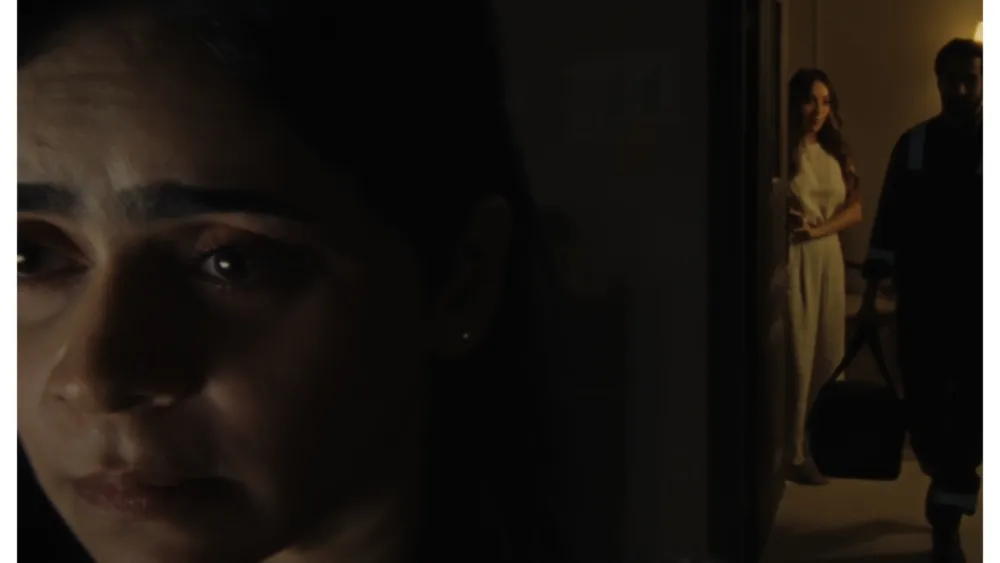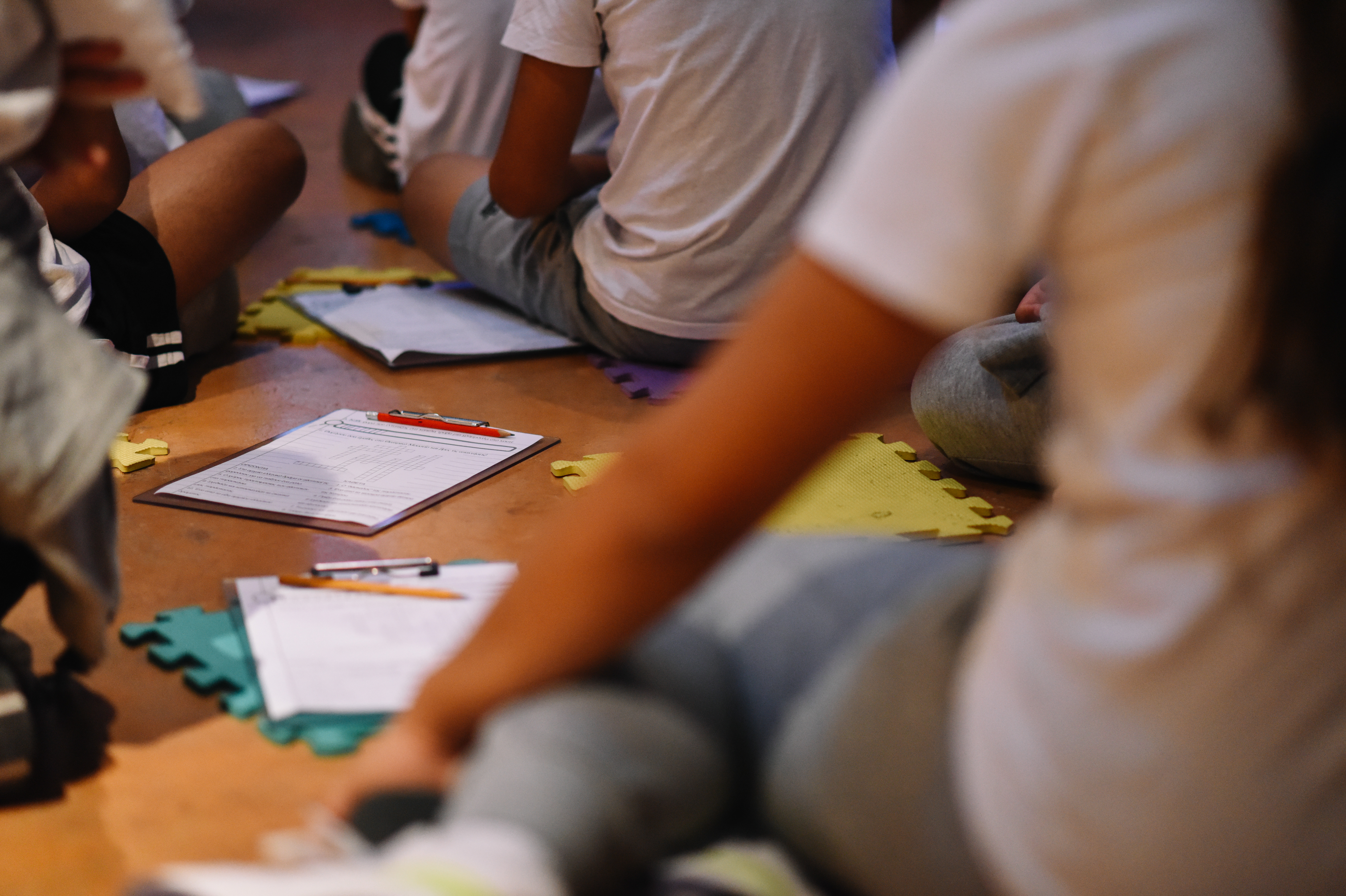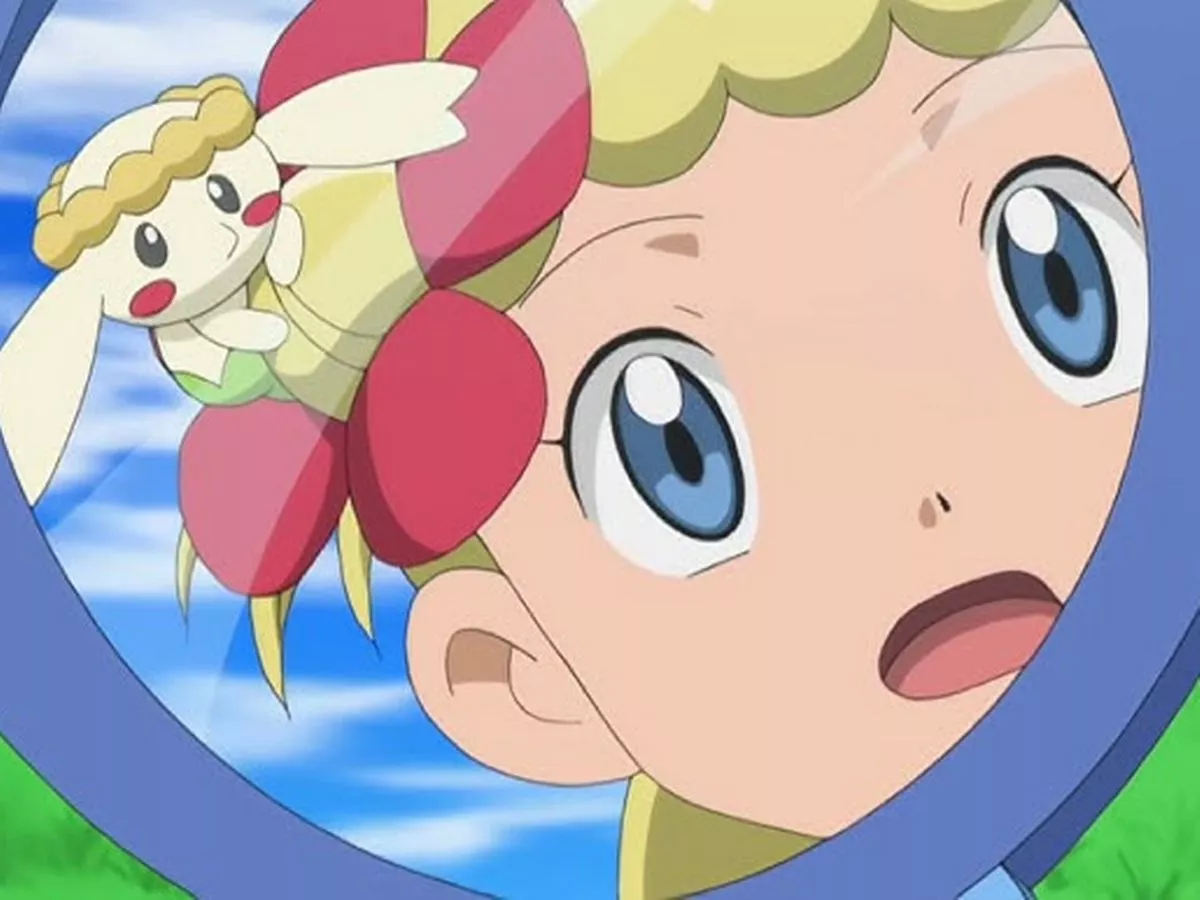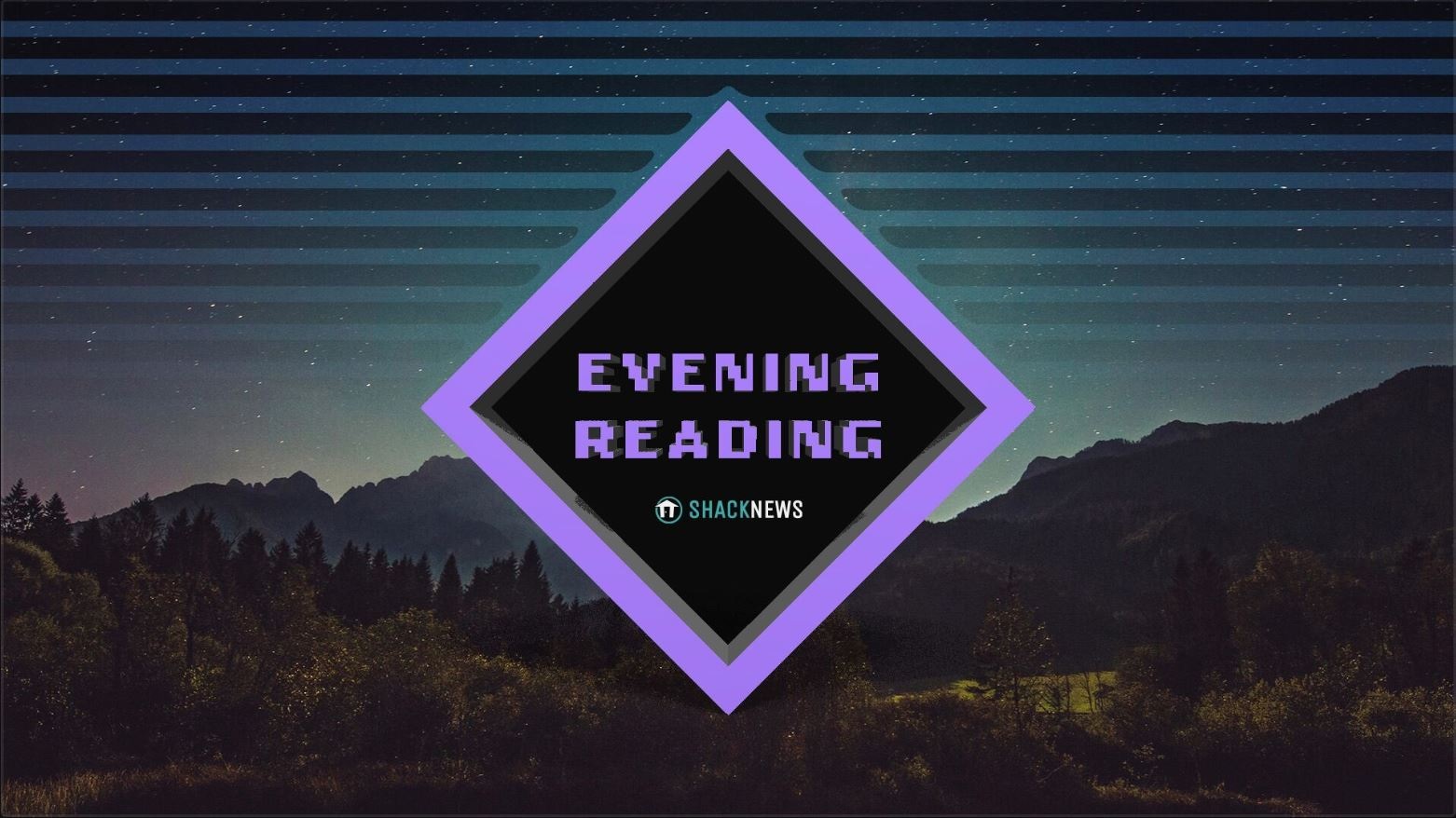
Emirati director Majid Al Ansari broke out at Austin’s Fantastic Fest ten years ago with Tarantino-esque noir “Zinzana” (aka “Rattle The Cage”) about a psychopathic police officer who inflicts torture on a prisoner in a remote jail. The psychological thriller became the first Arab language film acquired by Netflix.
Al Ansari is now back in Austin with elevated horror film “The Vile” (“Hoba”) a tale of polygamy in which a woman named Amani is blindsided and emotionally shattered when her husband, Khalid, brings a second wife into their home. Living with the new bride, Zahra, Amani tries to re-assert her role as the family matriarch. Polygamy, also known as having multiple spouses, is legally allowed for Muslim men in Gulf countries like the UAE and Saudi Arabia. However the practice is declining and is often viewed negatively by women who find it detrimental to family stability.
“The Vile” is produced by Abu-Dhabi-based Image Nation in tandem with L.A.-based genre label Spooky Pictures co-founded and run by Roy Lee (“The Ring”) and Steven Schneider (“Paranormal Activity”).
On the eve of the Fantastic Fest bow of “The Vile” Al Ansari speaks to Variety about breaking new ground and his hopes that it can help foster new awareness.
Talk to me about tackling poligamy, which is clearly a sensitive subject
I grew up with the subject matter always around me. It’s something we grew up with. Whether in the neighborhood or in school. You know, polygamy is something that is very prevalent in the culture, although you don’t see it as much today as you used to. I still remember when I was seven or eight years old. One of my close friends in school comes to me say: “I think my father hates me.” And I’m like: “Why?” And he’s like: “Oh, he married a second wife, so I think he doesn’t love me – love us – anymore.”
I think that idea when I was a kid is what stuck in my head.
Ok, but how did you go about actually tackling it? Was it complicated?
I’d been wanting to make a movie about poligamy for 10 years but I just didn’t know how to approach it. I didn’t want to be disrespectful to the subject matter. But also I wanted to keep it in my world, which is the horror and thrillers genre. So it wasn’t until I had a conversation with my mom a couple years ago that I found the key. We were having a deep conversation [about poligamy] and she just looked at me. She’s like: “Yeah, it’s not a man’s fault or the first wife’s fault. It’s the second wife that probably put some black magic on him.” That was my key “A-ha!” moment where I was like: all right, this is, this is my angle.
How did you balance the sociological aspect with making a horror movie?
Well I love the horror genre. One of my biggest inspiration for this film is “The Wailing” by Korea’s Na Hong-jin. I love how it similarly talks about black magic. It’s so infused with Korean culture. And that’s where my idea came from. I wanted to make something that resembled that. Where it’s something from the culture; something that we are talking about. But something as realistic as we can. And that’s where, you know, the moment when my mom told me about, about, hey, the black spells and the black magic. That opened the door for me to go ahead. I just felt it was natural progression for poligamy to be associated with black magic.
What you think that just the cultural perception or the cultural impact of the film can be in the Arab world?
Look I think there’s a big difference when it’s done without consent. I’ve sat down with a lot of women who went through poligamy and with family members who went through it: whether it’s a son, a daughter, a mother, an aunt. And there are certain scenarios in our culture where the woman will push the man to do it. But then they both have to agree to it and consent to it. I’m not knocking that. Hey, I’m not against polygamy. But what happens sometimes is what happened in the film, which is what Khalid did. He surprised his wife without consent. He didn’t really settle his affairs, first with his family, and that eventually ended up being the demise of the household, and then the family itself. So what you see in our country are people who do this way, and people that do it that way. And that’s my commentary to that.
This groundbreaking film will open in the MENA region around Halloween. What are your thoughts and expectations for how it will play with local audiences?
I think the subject matter of “The Vile| specifically the Gulf, is something that will resonate. A mother living in Saudi Arabia, a sister living in Saudi Arabia, a family member living in Saudi Arabia, or Kuwait, will connect with it. Because there are stories that you see not only in the UAE, but across the Gulf, specifically the Gulf, not all of the Middle East and North Africa. So I definitely would love the movie to be in Saudi and Kuwait. That’s something that’s up to the producers, but we are definitely looking at opening in Saudi and pushing hard in Saudi. I know the movie will speak to the culture there as much as it will in the UAE, just because of the subject matter. It’s a common matter that all of us kind of relate to.
And internationally?
I really hope that I made something that’s accessible internationally, because for me that’s always been rule number one when making a movie. I’m like: “This is for my culture, for my people.” That’s the first thing. But I also put in my mind that audiences in the West had to understand it. How would they react to it? So for me, the question I want answered is whether I was successful in transition and making it accessible for both the East and the West.
This interview has been edited and condensed for clarity.



